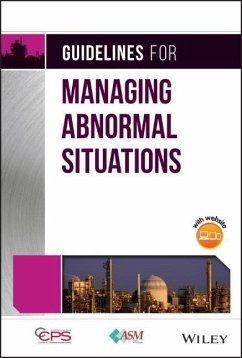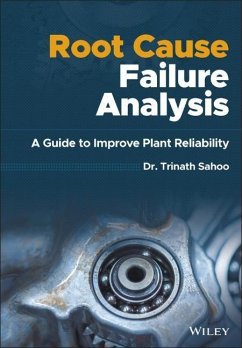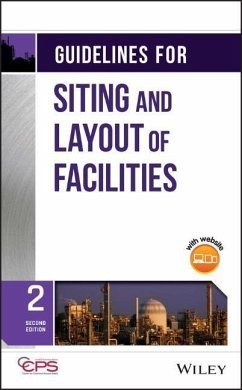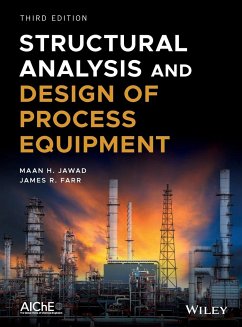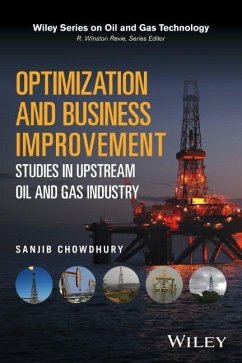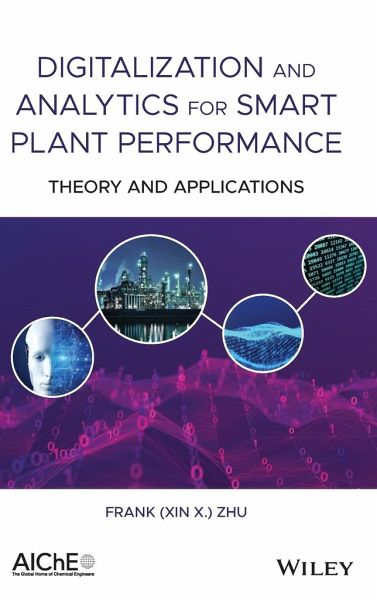
Digitalization and Analytics for Smart Plant Performance
Theory and Applications
Versandkostenfrei!
Versandfertig in über 4 Wochen
180,99 €
inkl. MwSt.
Weitere Ausgaben:

PAYBACK Punkte
90 °P sammeln!
This book addresses the topic of integrated digitization of plants on an objective basis and in a holistic manner by sharing data, applying analytics tools and integrating workflows via pertinent examples from industry. It begins with an evaluation of current performance management practices and an overview of the need for a "Connected Plant" via digitalization followed by sections on "Connected Assets: Improve Reliability and Utilization," "Connected Processes: Optimize Performance and Economic Margin " and "Connected People: Digitalizing the Workforce and Workflows and Developing Ownership a...
This book addresses the topic of integrated digitization of plants on an objective basis and in a holistic manner by sharing data, applying analytics tools and integrating workflows via pertinent examples from industry. It begins with an evaluation of current performance management practices and an overview of the need for a "Connected Plant" via digitalization followed by sections on "Connected Assets: Improve Reliability and Utilization," "Connected Processes: Optimize Performance and Economic Margin " and "Connected People: Digitalizing the Workforce and Workflows and Developing Ownership and Digital Culture," then culminating in a final section entitled "Putting All Together Into an Intelligent Digital Twin Platform for Smart Operations and Demonstrated by Application cases."







